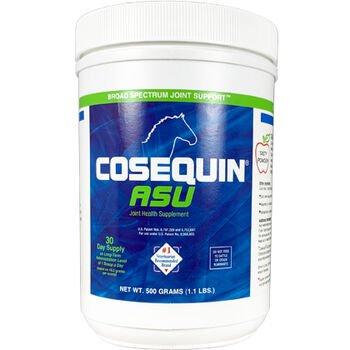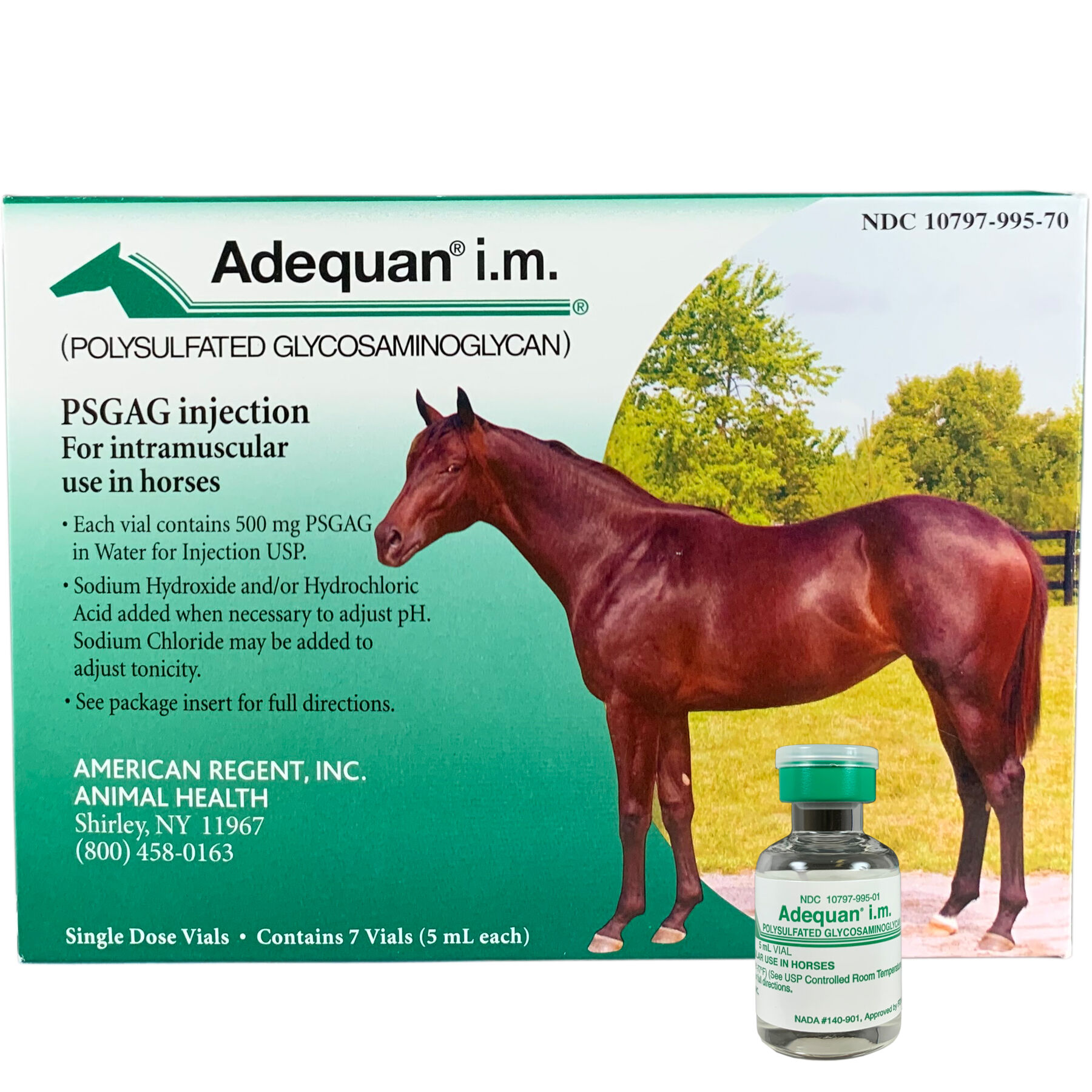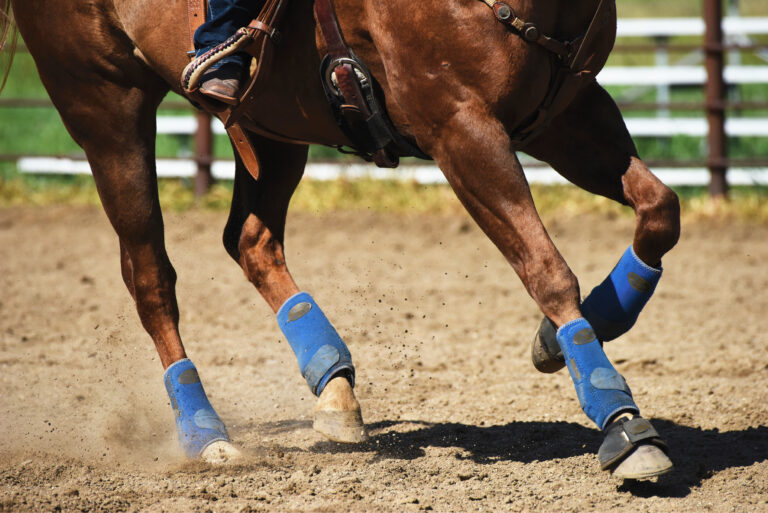A working horse or even a weekend trail mount is only as good as the joints needed to keep moving. When activities include concussive movements and weight-bearing pivots, as are common in Western disciplines, the potential for joint damage and arthritis increases.
Boots and bandages can help protect and support those precious knees, hocks and fetlocks. Good performance shoeing is also important. And it goes without saying that your horse should be fit before doing anything strenuous! But have you ever considered how joint support products (both oral and injectable) can help maintain joint mobility? Some are ideal for preventive care, while others are designed to address existing issues at different levels.
Shopping for joint health products can be a bit overwhelming, as there are so many on the market. When in doubt, look for products with proven powerhouse ingredients like the following:
Main Ingredients In Joint Health Products
Avocado/Soybean Unsaponifiables (ASU)
A relatively recent addition to some oral joint support formulas, ASU is believed to act synergistically with both glucosamine and chondroitin to help prevent the breakdown of cartilage even better than glucosamine and chondroitin alone. Vegetable power!
Chondroitin sulfate
Like its usual companion ingredient, glucosamine, this large protein molecule is a component of connective tissue and cartilage. Supplementation with chondroitin is said to help reduce pain and delay cartilage breakdown, possibly encouraging healing, as well. Look for low-molecular weight chondroitin (which offers increased bio-availability) in optimal levels of 1,200-5,000 mg/day when given alone. When combined in nutritional supplements containing glucosamine, it’s still best to look for as close to optimal levels as you can find.

Glucosamine
One of the biggies in nutritional supplements, this amino sugar is one of the building blocks of cartilage production. When administered at optimal levels of 6,000-10,000 mg/day, it has been proven to relieve pain and help prevent as well as repair joint damage. However, it works best when combined with chondroitin, and at optimal levels if possible.
Hyaluronic Acid (HA)
Joints need lubrication to function well, and HA is an important component in not only joint fluid, but connective tissue and cartilage, as well. The oral administration of 20 mg/day together with glucosamine and chondroitin can be useful if your horse is suffering from pain, heat and/or swelling in the joints.
Methylsulfonylmethane (MSM)
Sulfur is essential in the production of collagen, a component of connective tissue, and MSM is an organic compound that is a source of sulfur. MSM can be an effective anti-inflammatory, especially when combined in a glucosamine and chondroitin supplement to reduce pain and swelling. Some research suggests it may even slow joint degeneration.

Polysulfated glycosaminoglycan (PSG)
In cases where non-infectious degenerative joint disease has triggered inflammation and/or lameness of the carpal and hock joints, intramuscular injections of PSG can work quickly to provide relief, help protect and even renew joint mobility. Key effects include a substantial increase in synovial lubrication and a reversal of the disease processes that cause the loss of cartilage. A veterinary prescription is usually required for intramuscular PSG.
Finally, while good joint health products can be expensive, you generally get what you pay for. Consult with your veterinarian and select research-backed products with pure ingredients manufactured by companies with a reputation for quality control.
Also read labels thoroughly and be sure to follow the dosing directions. Last but not least, keep in mind that nutritional joint health supplements (termed “nutraceuticals”) are not regulated by the FDA the way that prescription pharmaceuticals generally are. So it’s up to you to do your homework for your horse!




